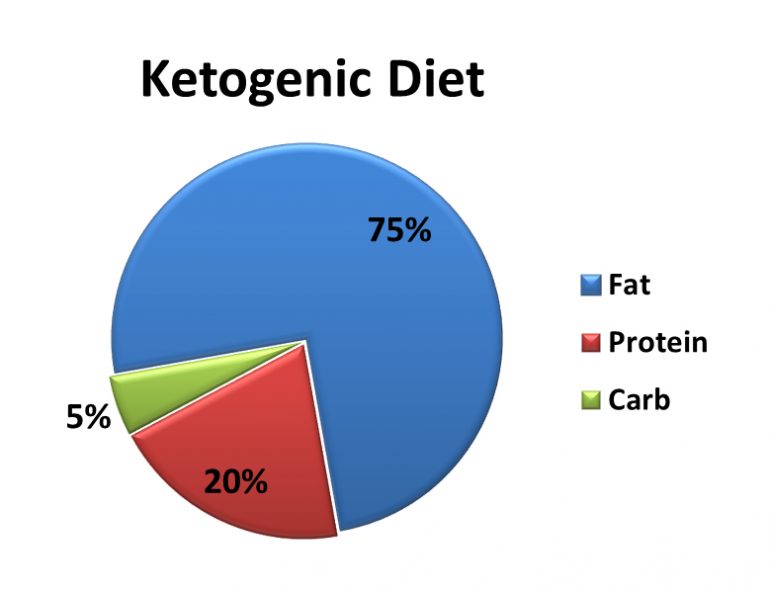What is a ketogenic diet?
A ketogenic diet is centered on consuming healthy fats, protein and low carbs. Typically a ketogenic diet is 75% fat, 20% protein and 5% carbs. But these numbers can vary, based upon the recommendations of your doctor or nutritionist. The goal of a ketogenic diet is minimize sugar and carbs ( which convert to sugar) so that your body is in a metabolic state called ketosis. In this state the body burns fat for energy instead of glucose.
Why cancer patients are using a ketogenic diet
The premise of the ketogenic diet is that cancer cells need glucose to thrive. Since carbohydrates turn into glucose in your body, it follows that lowering the glucose levels in your blood through limiting carbs and sugars will deplete cancer cells of their energy source, literally starving cancer cells to death.
Dr. Otto Warburg a German researcher was awarded the Nobel Prize in 1931 for his discoveries about the fundamental differences between cancer cells and healthy cells, as well as the discovery that malignant tumors feed on sugar. One of the traits of cancer cells is a high amount of insulin receptors on their cellular surface, ten times more than healthy cells. This allows cancer cells to absorb a significantly higher amount of glucose, which is why sugar is so detrimental to anyone with cancer. Sugar in fact contributes to other chronic illnesses such as such as cardiovascular disease and diabetes. Since cancer cells thrive and multiply with sugar, a diet that can eliminate carbohydrates and sugar can be effective in preventing and fighting cancer cells
Additional benefits of ketogenic diet
Ketogenic diets are not just for individuals with cancer concerns, it is a great diet because over time it converts the body from a carb burning mode to a fat burning mode, which can help anyone who wants to lose weight. Ketogenic diets can also reduce inflammation and improve insulin sensitivity. Ketogenic diets have also been used for managing seizures, increasing HDL (good cholesterol) and reducing the number of LDL particles in blood. Individuals with Type 2 diabetes may find that they are able to reduce their medication .
As with any diet, those with medical conditions should consult and work with their medical provider to monitor their condition and make adjustments as need to their diet and/or medication.

What foods are included in a ketogenic diet?
Proteins from:
Grass fed beef
Grass fed organic dairy
Fermented dairy
Organic pastured poultry
Wild fish and seafood
Wild game
Healthy fats such as:
Coconut oil
Butter
Olive Oil
Avocados
Low carbohydrate vegetables such as:
Asparagus
Broccoli
Brussel sprouts
Cabbage
Cauliflower
Celery
Collard greens
Kale
Spinach
Conditions that may benefit from a ketogenic diet
Acid Reflux
Cancers
Chronic pain
Heart Disease
Metabolic Syndrome
Neurodegenerative conditions (Alzheimer’s, Dementia, Parkinson’s)
Overweight
Pre Diabetes
Seizures
Resources:
http://www.ketogenic-diet-resource.com/
http://articles.mercola.com/sites/articles/archive/2013/06/16/ketogenic-diet-benefits.aspx
https://authoritynutrition.com/10-benefits-of-low-carb-ketogenic-diets/
http://www.ncbi.nlm.nih.gov/pubmed/?term=ketogenic+diet+cancer








